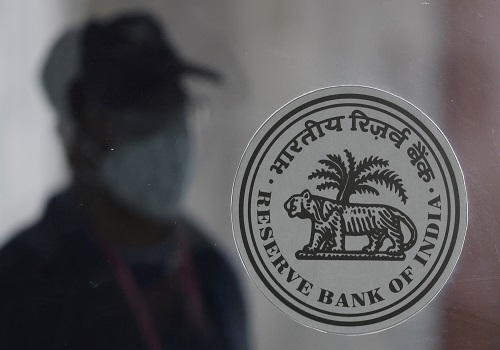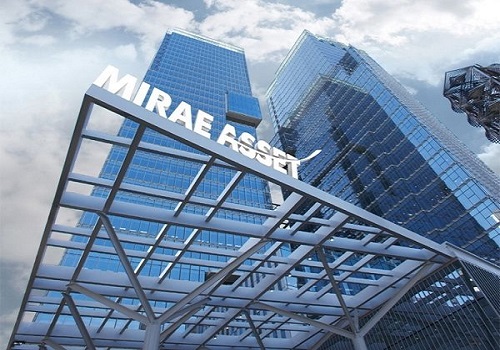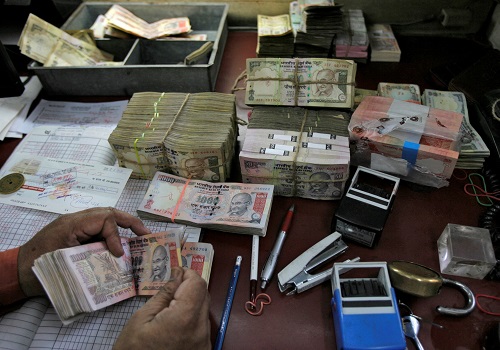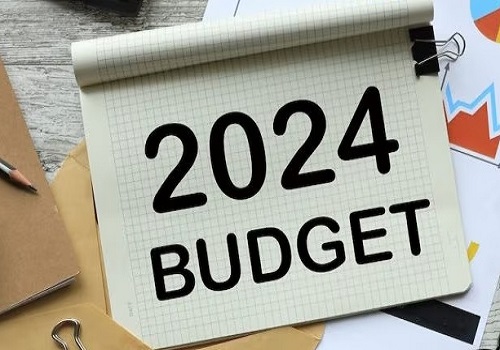Indian financial regulators may rebuff Europe demands

Follow us Now on Telegram ! Get daily 10 - 12 important updates on Business, Finance and Investment. Join our Telegram Channel
Indian financial market regulators are unlikely to provide their European counterpart supervisory and auditing powers over domestic clearing corporations and expect them to extend an April 2023 deadline to adhere to new norms, two sources said.
The European Securities and Market Authority (ESMA), the EU's financial markets regulator and supervisor, in accordance with the European Market Infrastructure Regulation (EMIR) withdrew recognition from six Indian central clearing houses on Oct. 31.
The decision essentially bars all European banks from doing business with the Indian clearing houses after April 30 next year.
A senior Indian official aware of the discussions between the Indian regulators and the ESMA, said neither side wanted the disagreement to undermine financial relations.
"Nobody wants to walk over the cliff. Neither Europe nor India," said the official, who declined to be identified.
"While the ESMA has extended this until April, they will probably extend this even further. So this might go on for a couple of years, but they don't want to give a couple of years right away because that will take the pressure off everybody," he said.
EMIR, a framework for the authorisation and supervision of central counterparties to minimise risks, requires cooperation from overseas entities that clear and settle securities market trades.
Under some recent European amendments to practices, which India has not signed up to, the ESMA is seeking rights to independently inspect clearing houses in India.
A second Indian source directly aware of the matter said the sharing of information was not an issue but both the Reserve Bank of India (RBI) and the Securities and Exchange Board of India were not comfortable with the ESMA seeking independent access to entities regulated in India.
"With reference to their jurisdiction they can take whatever decisions they want but when their entities are operating in our jurisdiction and they want to have the same powers here, that is strange, unfair and unacceptable," the source said.
The RBI, the finance ministry, ESMA and the Securities and Exchange Board did not immediately respond to requests for comment.
Deutsche Bank, Societe Generale, BNP Paribas and Credit Suisse are among the banks likely to be impacted if there is no solution by April.
The sources said the banks would be able to continue doing business but would face increased capital costs as they would only be able to do bilateral trades and not go through the clearing houses.
"This is now being discussed at a ministerial level and will only be resolved at a government-to-government level but I don't see this as being a stumbling block," the first source said.












 320-x-100_uti_gold.jpg" alt="Advertisement">
320-x-100_uti_gold.jpg" alt="Advertisement">












